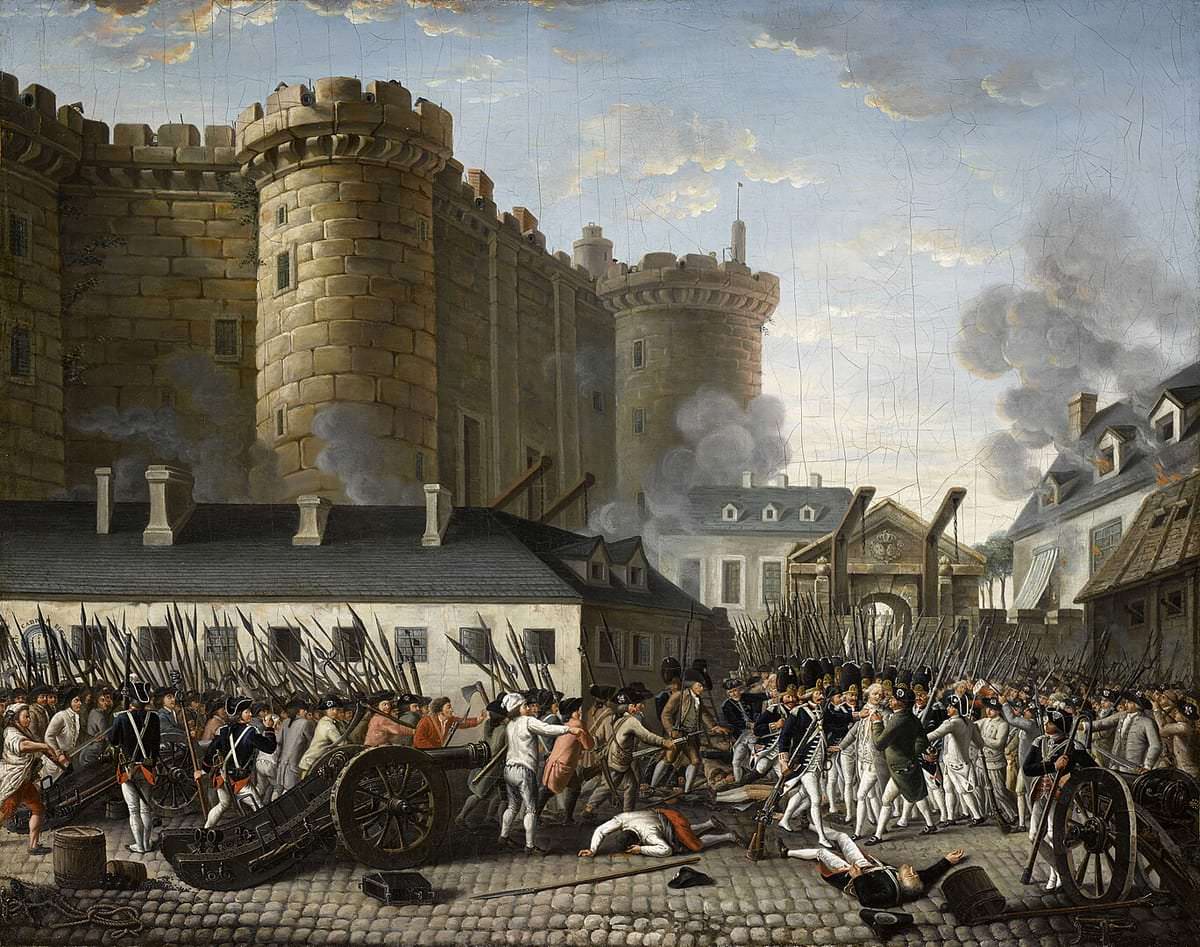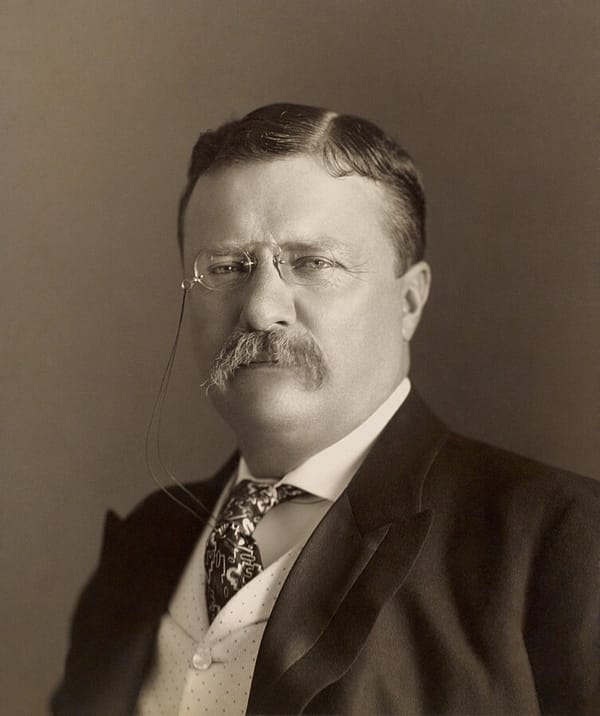The French Revolution

The French Revolution took place from 1789-1799. It was one of the bloodiest revolutions in history, and toppled the old monarchy in favor of a republic, like the United States.
The government had to tax commoners heavier than usual because they were bankrupt from funding the American Revolution. However, the rich people in France (the clergy and the nobility) were not taxed. Moreover, hailstorms destroyed crops and the peasantry, who were paying the taxes, went hungry.
Seeing the economic crisis, King Louis XVI held a meeting of the Estates General, a conglomerate of representatives from the First Estate (the nobles), the Second Estate (the clergy), and the Third Estate (everyone else). However, the members of the Third Estate decided to form their own National Assembly to address the crisis and create a French Constitution.
Soon after, the king sent troops (mostly to suppress uprisings over the lack of food), and the National Assembly saw this as a provocation. They stormed the Bastille Prison on July 16, 1789, and thus were able to acquire guns.
On August 4, 1789, the National Assembly abolished most of the privileges that the nobles and clergy had, including feudal rights and unequal taxation. Finally, on August 26, the National Assembly finished the Declaration of Rights of Man and Citizen, which acted like their Bill of Rights. France now had a constitutional monarchy.
However, this government would not last. After a failed campaign against Prussia and the Holy Roman Empire, King Louis XVI was found guilty of being an enemy of the revolution and was executed.
This began the Reign of Terror, in which more than 16,000 "enemies of the state" were executed, including Louis' wife, Marie Antoinette and the leader of the Committee of Public Safety, Maximilien Robespierre.
At this point, France was still broke and fighting wars against Austria and Great Britain, which they won because of Napoleon Bonaparte, who became the first French Consul.
Even though the United States had promised to be allies with the French and help them, the Americans didn't help their allies in the French Revolution because they had trade relations with Great Britain. However, the British captured their ships anyway because they believed the Americans were helping the French in secret.




